When Ukraine turned off the Russian gas tap, Central European countries could import LNG through third countries, albeit at higher costs, while Moldova was not so lucky.
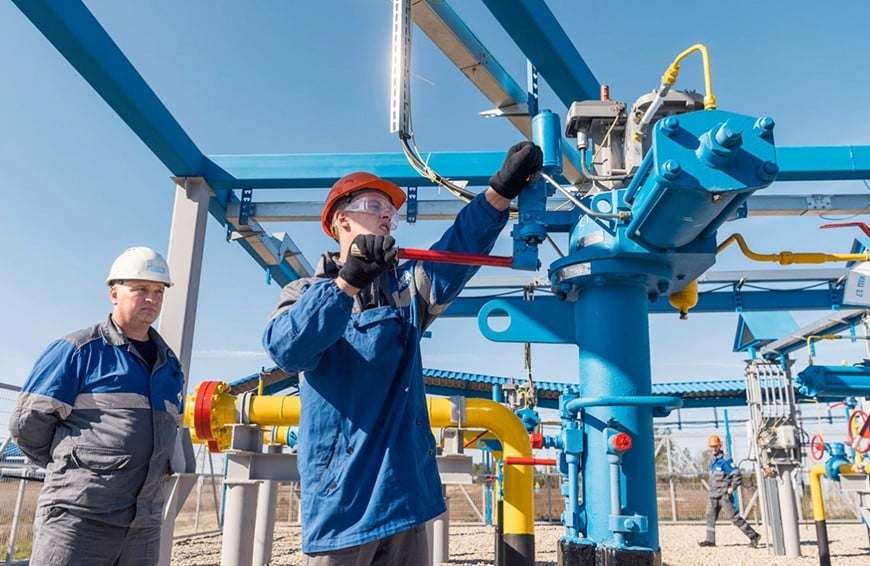 |
| The agreement on Russian gas transit through Ukraine will expire on December 31, 2024. (Source: The Moscow Times) |
According to experts, completely stopping the transport of Russian gas through Ukraine from 2025 will force Central European countries (such as Austria, Slovakia, Czech Republic, Italy) and Moldova to buy more expensive liquefied natural gas (LNG) or use coal to partially replace it. Hungary, which recently bought gas along this route to resell to Austrian gas group OMV, will also suffer losses.
The situation is very complicated.
Alexander Frolov, Deputy Director General of the Russian National Energy Institute and an expert at the InfoTEK analysis center, said: "About 15-16 billion cubic meters of gas will be pumped through the Ukrainian pipeline in 2024. Of this, theoretically, only a third can be transferred to the Turkish pipeline. The countries that receive a lot of gas through Ukraine are Austria, Slovakia and Moldova."
Meanwhile, Alexey Bobrovsky, Director of the Institute for World Markets, said: “Slovakia and Austria are still the most dependent on gas supplies via Ukraine from the European Union (EU). They will be forced to negotiate alternative ways to still receive gas from Russia, mainly through the Turkish Stream.”
“Slovakia and Austria will have to arrange reverse supplies from Germany (including via the Czech Republic) or from Italy. In both cases, the LNG imports will include Russian LNG,” said Alexei Belogoryev, research director at the Russian Institute of Energy and Finance.
Central European countries could import LNG via third countries (mainly via Germany), however, this would be more expensive due to more complicated logistics, added Sergey Kaufman, an analyst at financial group Finam.
At the same time, according to this expert, for the Czech Republic, the use of Russian gas is economically beneficial, but not necessary, and Italy will increase purchases from Algeria - the country that will become the largest supplier of the boot-shaped country.
"According to data from the European Network of Gas Transmission System Operators (ENTSOG), Slovakia has partially switched to the Turkish transit route (via Hungary). Theoretically, Turkey can meet Slovakia's gas needs, but then there will not be enough to supply Austria. And despite the confident statements of Austrian politicians , in the winter of 2025 it is still unclear where the country will buy supplies to replenish its depleted gas reserves," Belogoryev said.
Slovakia could need at least 2 billion cubic meters of Russian gas by 2025, and Austria at least 3 billion cubic meters. At the same time, both countries could survive the coming winter using huge reserves from underground storage facilities.
In addition, the termination of Ukraine's transit route could have some impact on Hungary. According to Frolov, Hungary receives gas mainly via the Turkish Stream, but since Russia stopped supplying Austria directly, Hungary has been buying some gas via the Ukrainian pipeline to resell to the Austrian company OMV. At the same time, Budapest is also interested in preserving Ukraine's alternative transit route from an energy security perspective.
Regarding this issue, on December 23, after negotiations between Russian President Vladimir Putin and Slovakian Prime Minister Robert Fico (on December 22), Moscow said that the situation related to European countries buying Russian gas through transit agreements through Ukraine is very complicated and needs more attention. The flow of gas through Ukraine accounts for about half of Russia's total gas exports by pipeline to Europe.
Meanwhile, Prime Minister Fico said that Mr Putin had confirmed that Russia was ready to continue supplying gas to Slovakia, although this would be “almost impossible” after the transit agreement with Ukraine expires. It was not immediately clear what potential solutions the two leaders discussed.
Bratislava insists that the loss of supplies from the east will not affect domestic demand, and that it has diversified its supply contracts. However, this will increase costs and Slovakia wants to maintain the route via Ukraine to maintain its transit capacity.
What will happen to Moldova?
However, Moldova and especially the Transnistria region will be in the most difficult situation when gas supplies from Russia through Ukraine are stopped.
Experts say Moldova has no alternative to gas supplies from the birch country, nor the reserves of this energy tanker, and all major routes are connected to transport via Ukraine. The continuation of pumping Russian gas to Moldova will depend on political decisions.
 |
| Moldovan President Maia Sandu arrives for a meeting with European Commission President Ursula von der Leyen at the European Commission headquarters in Brussels, Belgium, December 10. (Source: AFP) |
"There is only one direct gas pipeline from Romania to Moldova (via the Iasi - Ungheni - Chisinau route), with a capacity of 1.5 billion cubic meters per year. Even at full capacity, this new supply can only meet about 50% of Moldova's annual consumption," Belogoryev said.
All other alternatives involve transit through Ukraine, including the use of the old Trans-Balkan gas pipeline. Before 2020, Russia’s Gazprom transported gas to Türkiye and the Balkans via this pipeline.”
At the same time, Mr. Belogoryev added that for Moldova, stopping gas transit for just one week would mean an unprecedented energy crisis.
Meanwhile, expert Kaufman does not rule out the possibility that without Russian gas, Moldova will have to partially replace it with coal, which is much easier to import logistically.
In the context that the agreement to supply gas from Russia to European countries via Ukraine will end on January 1, 2025, Moldova declared a state of emergency on December 16.
Earlier this month, Moldovan Prime Minister Dorin Rechan said that Russia's suspension of gas supplies to the Transnistria region, which supplies 80% of Moldova's electricity, would not only lead to higher gas prices but also disrupt supplies to consumers and could cause a humanitarian disaster in the winter.
The agreement on the transit of Russian gas through Ukraine, with the pumping of 40 billion cubic meters per year, will expire on December 31, 2024. Ukrainian Prime Minister Denis Shmygal also confirmed that Kiev will stop the transit of Russian gas at 7:00 a.m. (8:00 a.m. Moscow time) on January 1, 2025.
At the same time, Mr. Shmyhal explained that the resumption of transit through the Ukrainian GTS route would be possible at the request of the European Commission, if it were not Russian gas.
Meanwhile, at her inauguration for her second term on December 24, Moldovan President Maia Sandu said that Moldova is facing a harsh winter but will overcome this challenge.
During her first term, Sandu pivoted Moldova toward the EU and NATO and away from Moscow. At the same time, the leader also pushed for Moldova to join the EU.
With the Russian gas transit deal through Ukraine ending and no hope of an extension, the energy crisis is real for Central European countries and Moldova this coming winter.
Source: https://baoquocte.vn/central-au-va-moldova-ngo-tren-dong-lua-khi-dieu-nay-sap-xay-ra-nga-san-sang-lam-mot-viec-du-gan-nhu-khong-the-298762.html


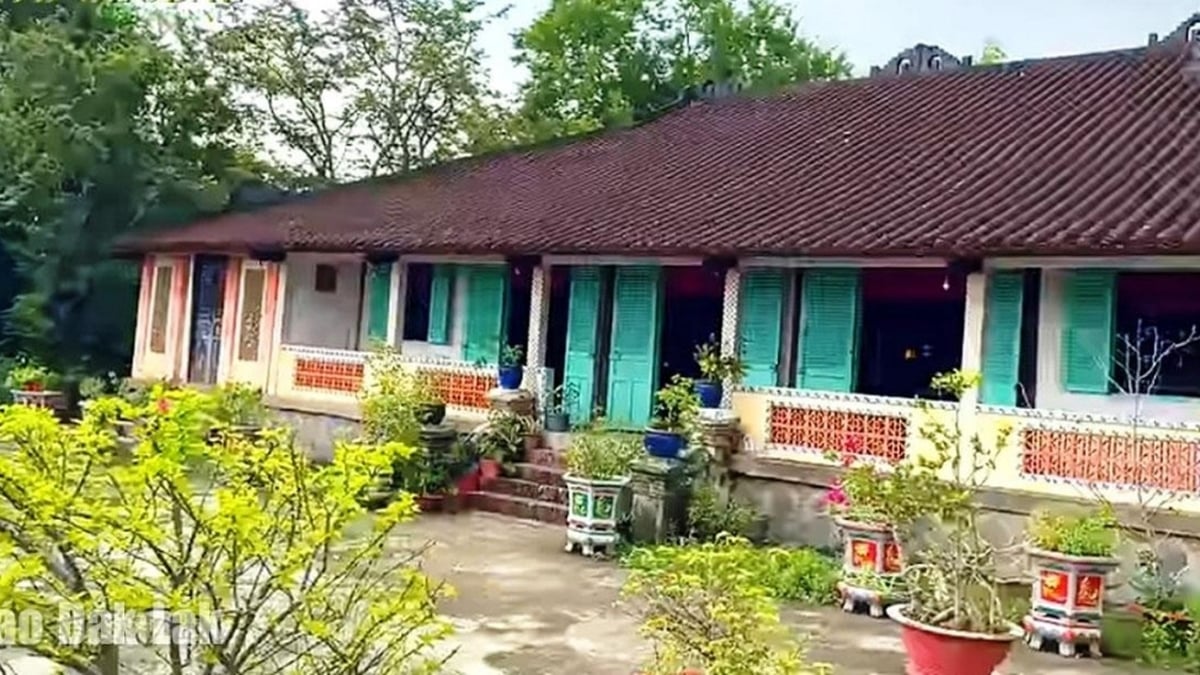
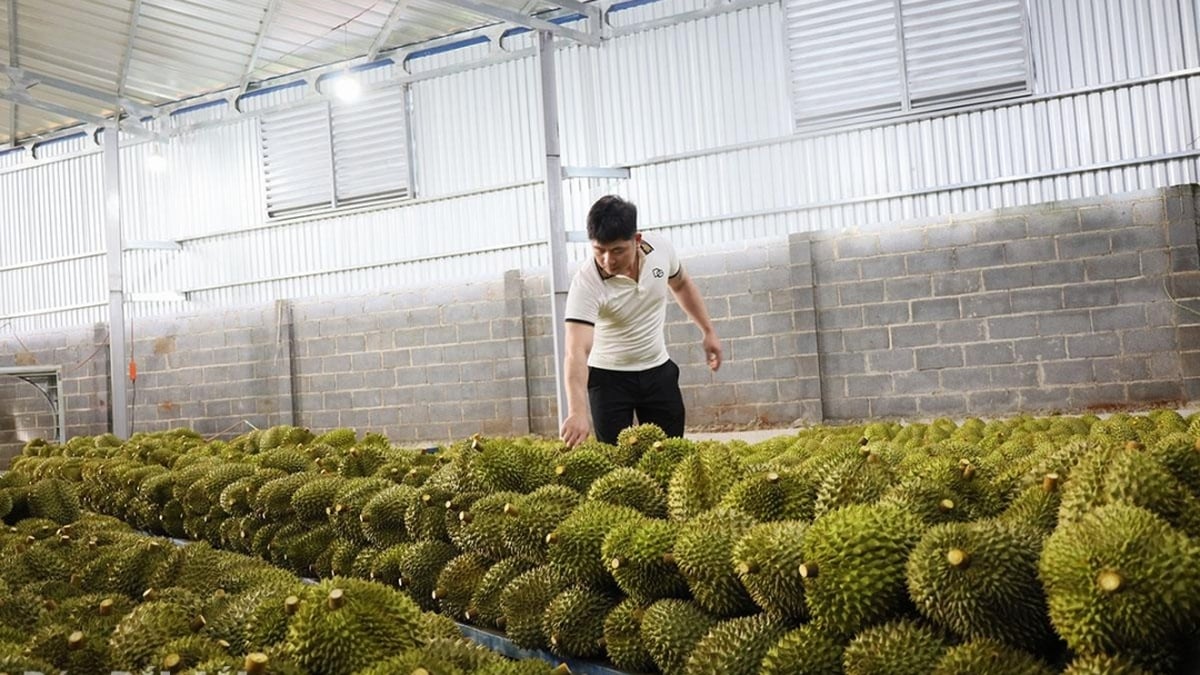





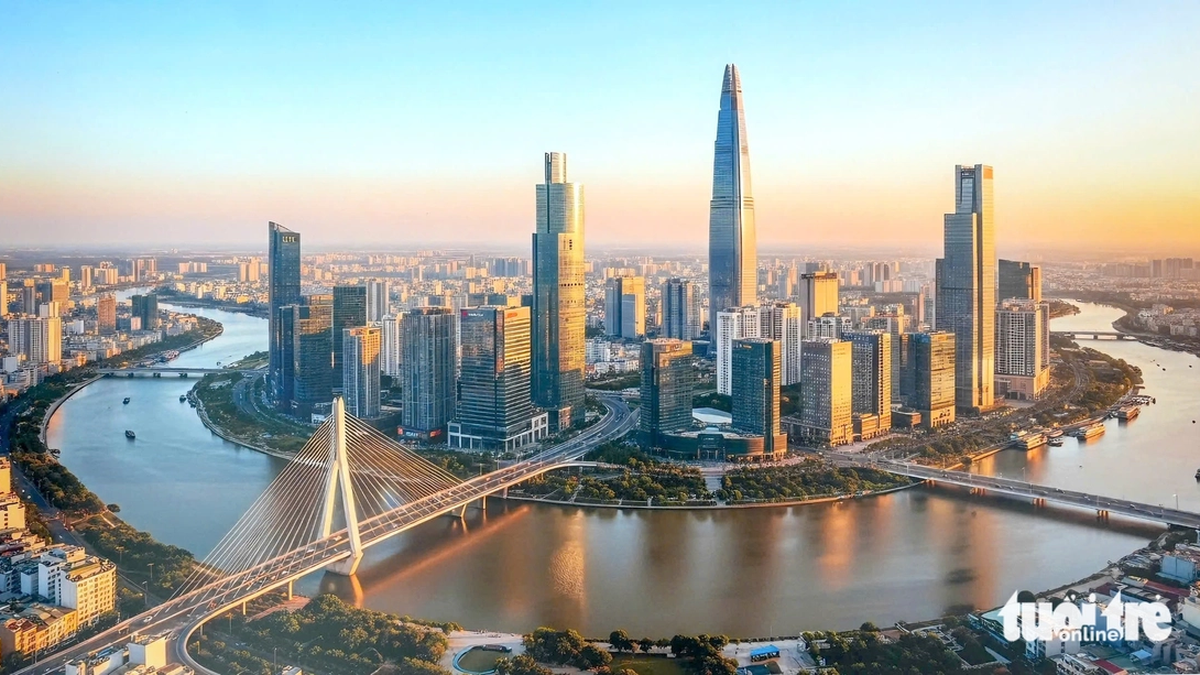





















































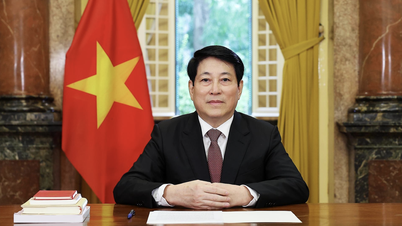



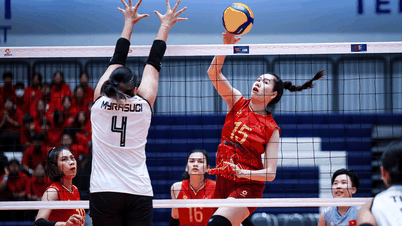
































Comment (0)